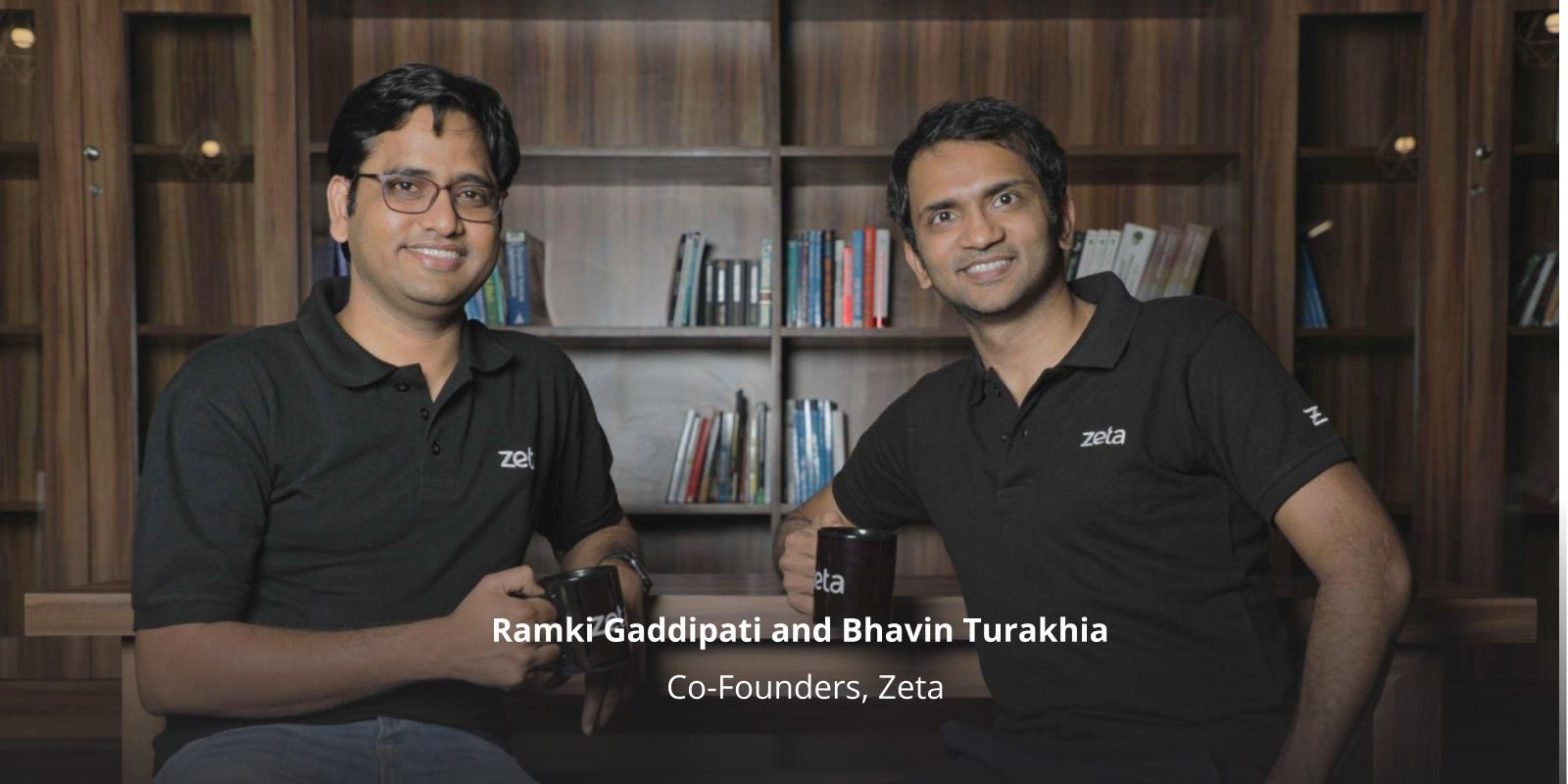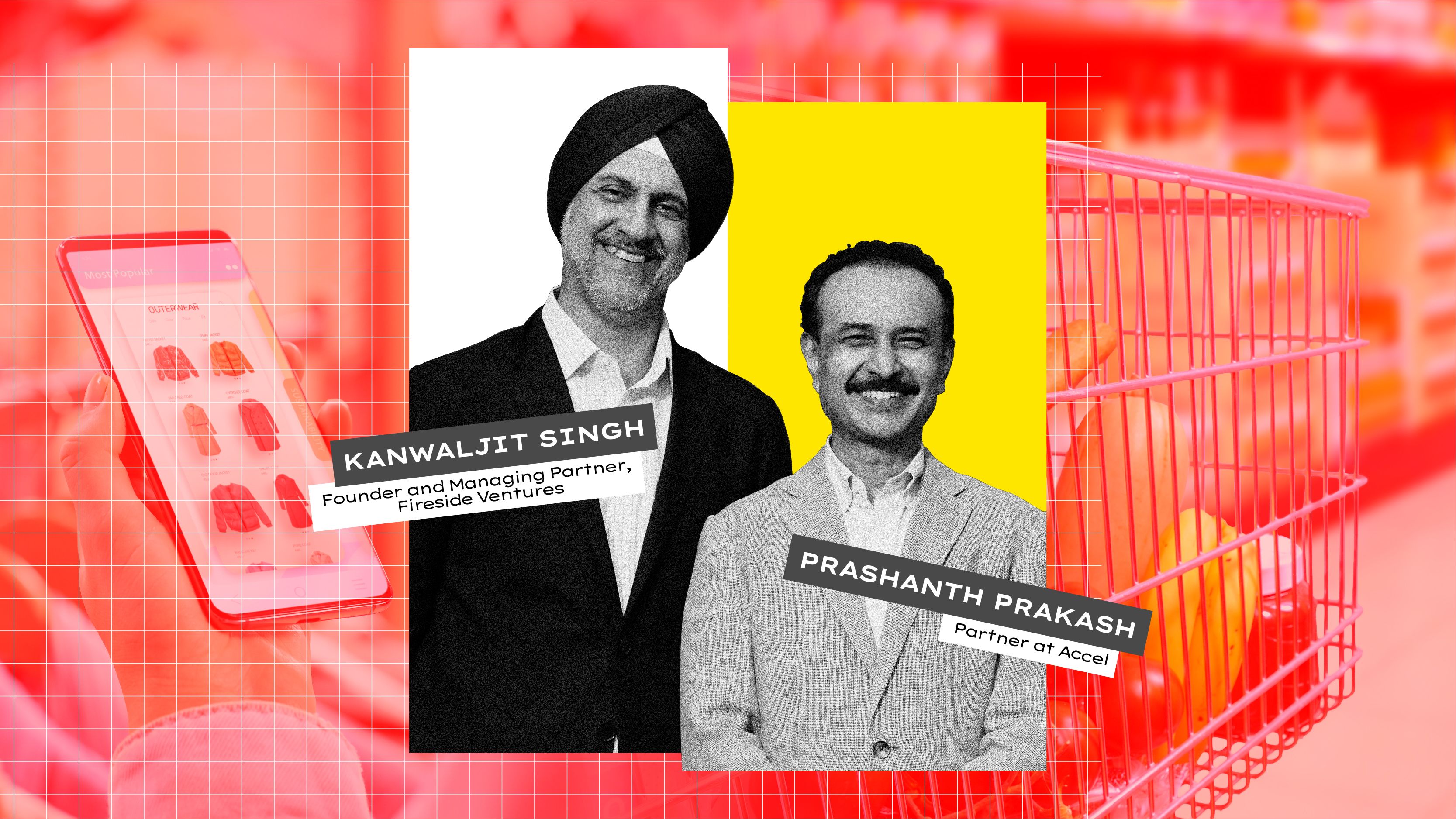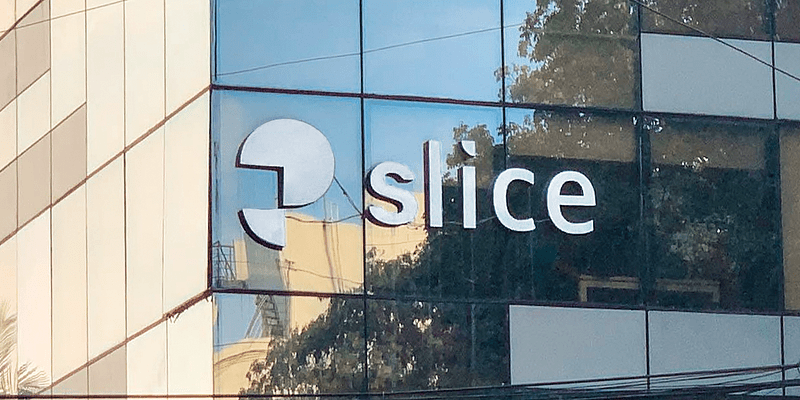Udemy launches the largest library of free open source online courseware on the web
Sunday August 15, 2010 , 2 min Read
Udemy, a Founder Institute company, is a website that enables anyone to teach and learn online. Udemy's goal is to democratize online education by providing tools so that educators can easily create their own online course. It takes only a few minutes to create a course on Udemy, and they can cover any subject from the Basics of Photoshop to Poker 101 to Multivariable Calculus.
Today, Udemy is proud to unveil Udemy Academic, the largest repository of open source courseware on the internet. With nearly 600 courses, Udemy Academic is a collection larger than Academic Earth, Nixty, or VideoLectures.net.
Udemy Academic features courses from 18 institutions, including UC Berkeley, MIT, Stanford, UCLA, Yale, Columbia, Khan Academy, and more. In total, there are nearly 12,000 free video lectures on Udemy organized into courses - sequential, on-demand content collections that allow anyone to take a University class online.
Udemy will be giving away its course creation software for free to all major universities who want to start their own OpenCourseWare system but don't have the funds to finance it. OpenCourseWare can cost thousands of dollars per course, and Udemy wants to minimize those costs.
Udemy is founded by Gagan Biyani, Eren Bali and Oktay Caglar. Gagan writes part-time for TechCrunch's MobileCrunch and has previously done work for Microsoft, Cisco and Accenture. Eren and Oktay were among the first engineers at SpeedDate.com, where they were in charge of development and helped SpeedDate reach from 0 to 10 million user in its first 2 years.










